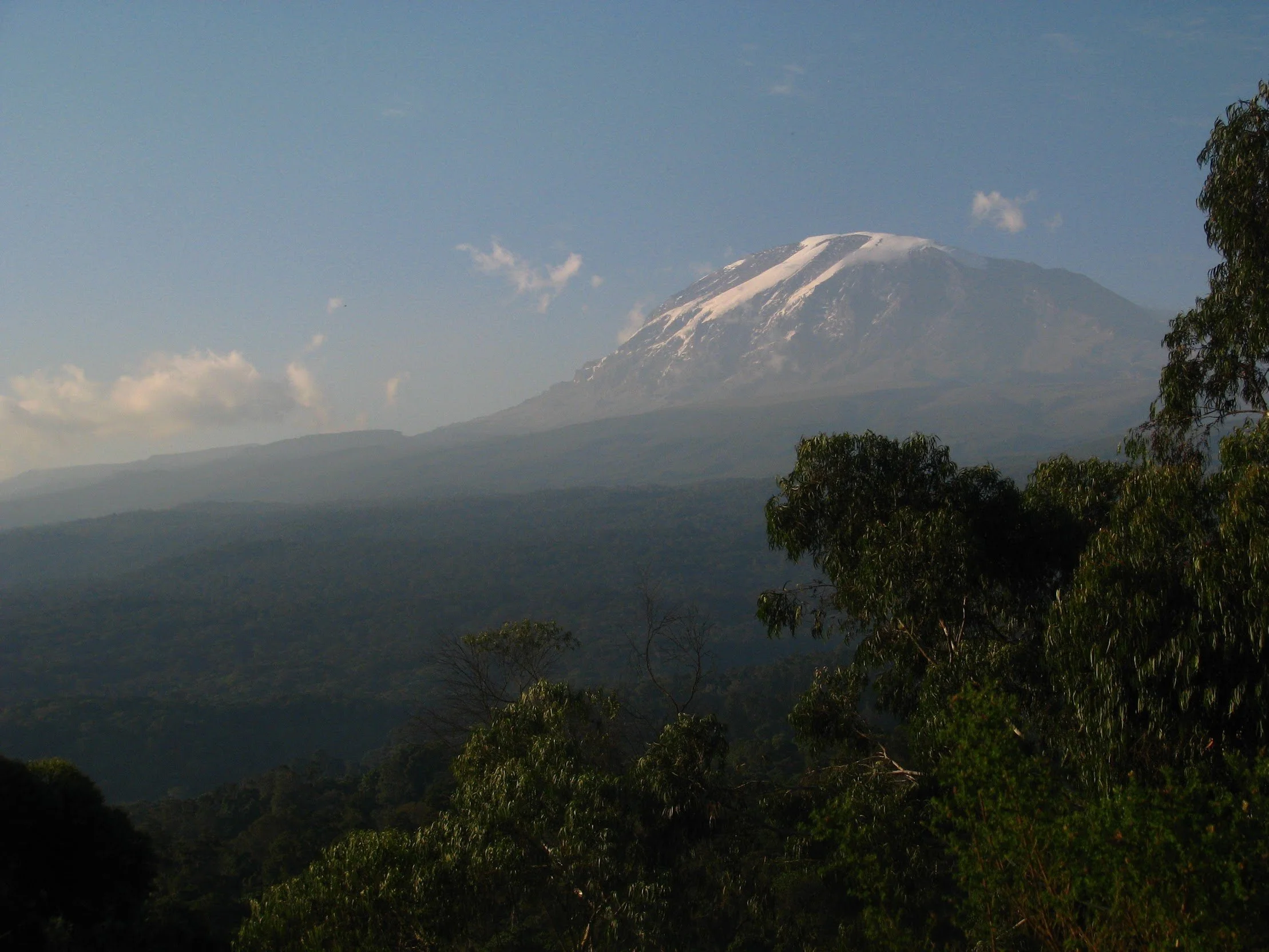
Advancing Equity in
Health through Innovation
Ongoing Projects and Activities
-
NECST: Supporting the National Expansion of Cervical cancer Screening in Tanzania
NECST (Supporting the National Expansion of Cervical Cancer Screening in Tanzania) aims to strengthen and scale up cervical cancer screening efforts across Tanzania. Using HPV DNA self-sampling, NECST focuses on increasing screening accessibility, particularly for underserved populations, by leveraging community-based participatory approaches. The project builds on existing evidence to identify and address barriers to screening uptake while integrating strategies that enhance healthcare system readiness. By working closely with national and local stakeholders, NECST supports Tanzania’s efforts to expand equitable cervical cancer screening, ultimately improving early detection and linkage to care for women across the country. We have screened over 7,500 women in three districts in Kilimanjaro region to date!
-

The Prospective Urban and Rural Epidemiological (PURE) Study
Our unique, long-running Prospective Urban and Rural Epidemiological (PURE study) involves studying 2,000 rural and urban participants in Tanzania as part of a larger, global study. The entire PURE study follows 225,000 participants in detail, and 500,000 with simple information, from more than 1,000 urban and rural communities in 27 high, middle and low-income countries.
PURE is investigating the impact of modernization, urbanization, and globalization on health behaviours, how risk factors develop and influence cardiovascular disease, diabetes, lung diseases, cancers, kidney disease, brain health, and injuries.
-
HIV C-4 (Cascade and Climate Change Cohort)
The HIV C-4 (Cascade and Climate Change Cohort) study aims to investigate the impact of climate change on HIV care and prevention in the Kilimanjaro region of Tanzania—an area significantly affected by both climate change and HIV. Leveraging existing data from the PURE cohort, this study will explore the complex relationships between climate-related resource scarcity and the HIV care cascade. By identifying climate-related barriers to HIV care, this study will contribute to evidence-based, low-cost innovations to improve healthcare services and policies.
